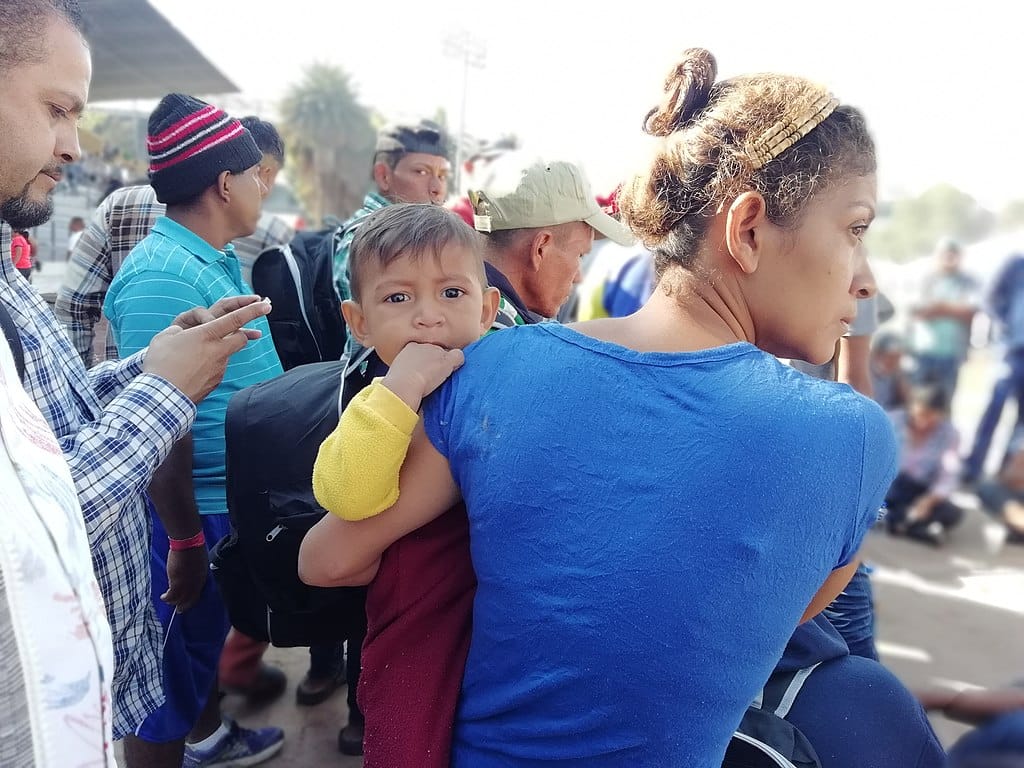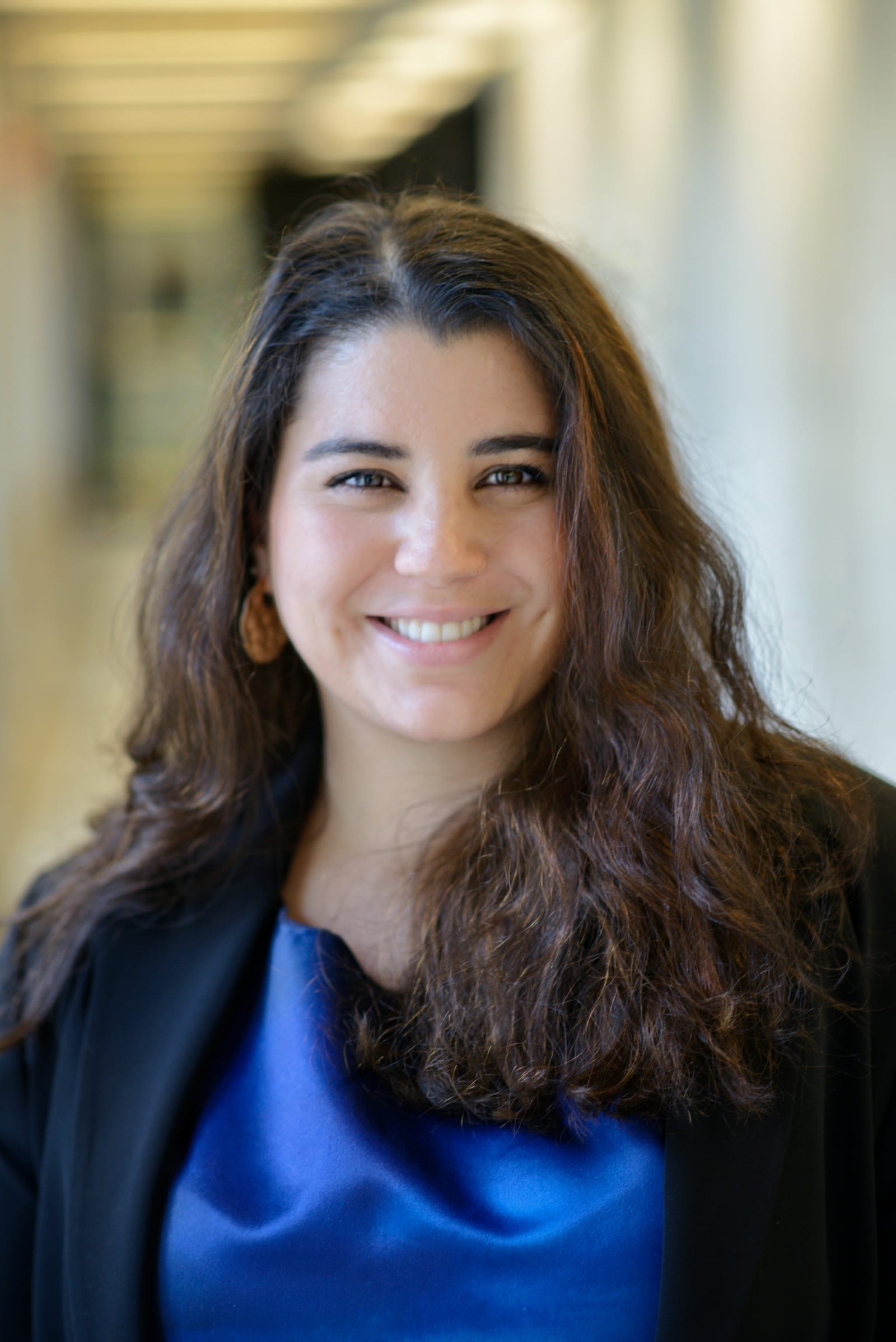Leir Migration Monitor: March 2024

Governance, Violence, and Migration: Lessons Learned from El Salvador and Honduras
By Leir-affiliated Faculty Anjuli Fahlberg, Katherine Garcia, Laura Garcia and Justin Pérez
For over a year, a team of four researchers from Tufts University, El Salvador, and Honduras has been investigating the impact of differing governance approaches on violence and human rights in El Salvador and Honduras. They share with us some of their findings on how governance and violence are impacting migration into and out of Central America.
Anjuli Fahlberg, Katherine Garcia, Laura Garcia and Justin Pérez share with us some of the lessons they learned during their research, including:
- How Central American countries are dealing with many of the same struggles as the United States as new migrants arrive in search of safety and resources.
- How state repression is often just as potent a threat as the criminal violence of local gangs.
- The incredible risks that migrants take.
- To be observant of how journalists are reporting about migration.
Backyard Bankers: Episode 2, Côte d’Ivoire Associations

By Leir-affiliated faculty Kim Wilson & Charlie Williams
In last month’s issue of the Leir Migration Monitor, we featured a story to appear in a forthcoming book, Backyard Bankers: Immigrants, Money Clubs, and the Pursuit of the American Dream. The story focused on the entrepreneurship of a band of hustling, creative Boston-based Bangladeshis who were moving more than $100,000 a month of capital through their club. They used their funds to invest in businesses. This month, we feature a different kind of club – an association of people originally from Côte d’Ivoire. This club does not invest in businesses but rather in the mental and social health of its membership. We hope you enjoy the contrast.
Spotlight: Natalia Espinosa Tokuhama, F20
Natalia Espinosa Tokuhama is the Boston Economic Mobility Manager for the Equity and Inclusion Cabinet. She focuses on developing innovative economic health and mobility policies for all Bostonians. She does this through research, strategic pilot projects, partnerships, and community-centered programming. Prior to joining the Equity and Inclusion Cabinet, Natalia worked with the Mayor’s Office for Immigrant Advancement managing economic integration projects and programs with strategic partners to strengthen the financial well-being of immigrants in Boston. Natalia also has previous experience working in Latin American economic development, resiliency, and entrepreneurship projects with local governments. In addition to economic mobility and policy support, Natalia is implementing a monitoring and evaluation framework for the 9 departments in the Equity and Inclusion Cabinet in order to build a data gathering and evidence driven culture.

Current role: Boston Economic Mobility Manager for the City of Boston Equity and Inclusion Cabinet
I am working on:
- Financial health and economic mobility policy and program support
- Translating datasets into stories and sharing our policies, programs, and impact with the communities we serve
- Thought partnerships on research, monitoring, and evaluation
- Strategic thinking about narratives and evidence-based persuasion and stakeholder engagement
An insight I’ve discovered: I’ve discovered that it is important to be optimistic. It’s easy to become jaded or cynical, but it’s better for you, the work, and everyone who works with you if you approach challenges with a sense that solutions to big things can and will be found.
I’m passionate about: Working for equity and inclusion in a local government setting. Under Mayor Wu’s leadership, this relatively new cabinet has grown and, I personally think, it is one of the most exciting spaces to work due to the diverse staff and the phenomenal wealth of knowledge my colleagues bring. I love that in the broadest of terms, we all are working to ensure that the 200-year-old+ inherited systems of government can adapt to include all the populations who were not originally included in their operative framework. In the Cabinet, we have 9 departments (including immigrants but also serving other traditionally underserved groups such as women, individuals with disabilities, LGBTQ+ as well as Black male constituents, etc.). I get to keep working on that puzzle of retrofitting government structures to serve a broader and more inclusive population with tailored services than what, perhaps, had initially been conceived.
